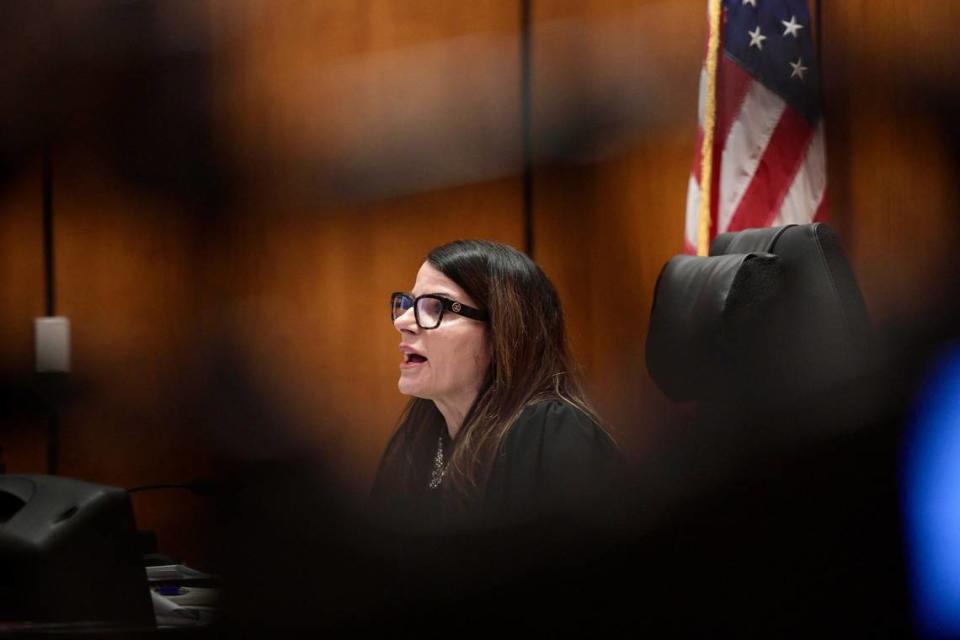Sacramento DA’s Office asks judge not to scale down homeless lawsuit against city
The Sacramento County district attorney’s office Friday made its case to a judge that its homeless lawsuit against the city should not be scaled down.
A ruling is expected early next week.
The lawsuit, filed in September in Sacramento Superior Court by District Attorney Thien Ho, had alleged the city was creating a public nuisance by allowing homeless camps to exist on public property. The city argued that due to separation of powers between the government and the DA, that piece should be removed.
Sacramento Superior Court Judge Jill Talley in a temporary ruling Thursday sided with the city on that. During a hearing Friday, she elaborated on her thought process, referencing the separation of powers clause in the U.S. Constitution. That clause says legislative branches, such as cities, are separate from judicial branches, such as DA’s offices.
“Let’s say the court orders (the city to) clear the camps …if the court orders that, the court is violating separation of powers, is it not?” Talley said during a court hearing Friday morning ahead of issuing her ruling.
Talley temporarily ruled that the piece of the lawsuit that claims the city is violating the state Fish and Game Code by allowing the homeless to pollute creeks can remain in the suit, meaning the case will proceed on that ground only.

Ho did not include the allegations about the Fish and Game Code violations in his original lawsuit in September, but added it in an amended complaint in December. The creeks that are on city property, such as Morrison Creek, flow to the Sacramento and American rivers, the lawsuit points out.
The county, which is in charge of large sections of the American River Parkway, where thousands of unhoused people camp on the riverbanks, is not named as a defendant in the complaint.
The city lawyers did not dispute Talley’s temporary ruling.
“What the DA is asking the city to do is to enforce some unknown laws,” said Katherine Underwood, senior deputy city attorney,to Talley during the hearing. “They haven’t cited a single ordinance or law and want you to tell us how to do it. That’s … a duty you do not have.”
The DA’s office during a hearing Friday argued that Talley should amend the ruling to allow the public nuisance pieces to move forward as the case is still in its early stages.
“Yes we’d have to fashion something in terms of injunction but that’s at a later stage. We’re at a pleading stage,” said Assistant Chief Deputy District Attorney Rochelle Beardsley during the hearing. “How could I possibly say what an injunction should entail without the benefit of discovery?”
City officials have disputed the claims, saying under its interpretation of the 2018 U.S. Court of Appeals for the Ninth Circuit Martin v. Boise ruling, the city can’t legally move people off public property unless there’s a shelter bed to offer them. The city’s roughly 1,300 shelter beds are all typically full, with a wait list topping 2,400. The city has cleared people off certain public properties when they have fully blocked sidewalks or fire station entrances, or are near schools — places where its ordinances prohibit camping.
City Attorney Susana Alcala Wood has accused Ho of suing the city because he plans to run for attorney general, possibly against Steinberg — an allegation Ho has denied.
Meanwhile the U.S. Supreme Court is expected to issue a ruling by the end of June over whether fining or arresting unhoused people who lack other shelter and camp in public areas violates constitutional protections against cruel and unusual punishments.

